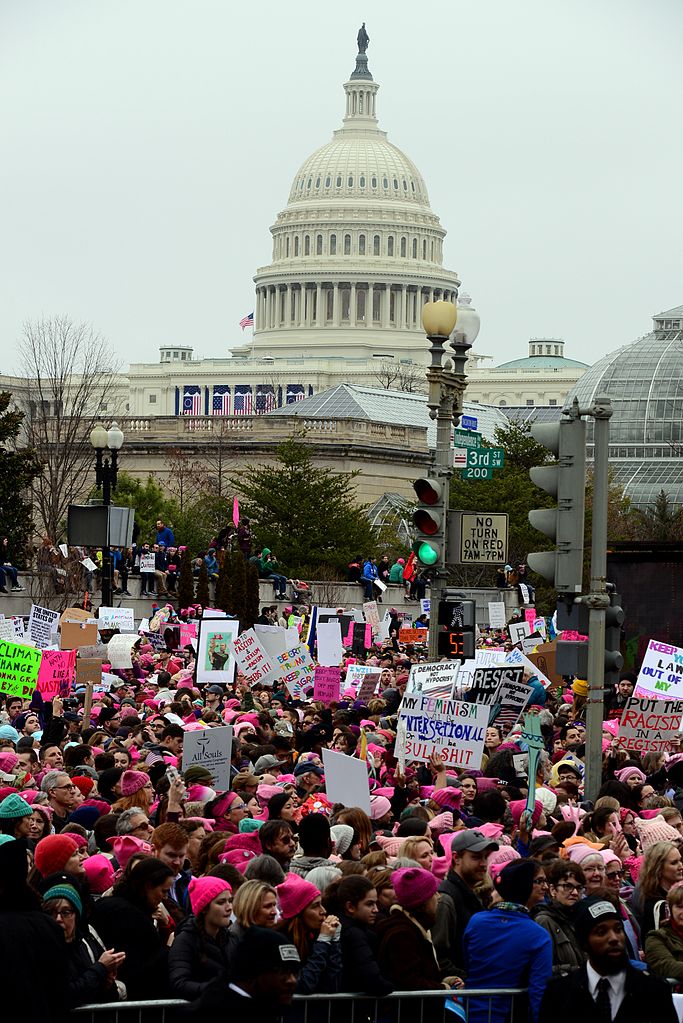
A whirlwind of political actions and responses has overwhelmed many of us over the past few months in the United States. Almost everyone seems to be outraged about something. Some are outraged at Trump’s attempt to ban people from entering the US, his cabinet and staff selections, and various other statements and actions he has made, while others express outrage at the responses to Trump, from filing lawsuits to protesting physically. What does all of the outrage accomplish, besides exhausting everyone involved?
Expressions of outrage often contribute to the construction of groups. When Bill Maher, to much applause from his audience, thanked Trump in November because Trump “exposed evangelicals, who are big Trump supporters, as the shameless hypocrites they’ve always been” (see clip below), Maher’s assertion of outrage identified evangelicals as the opposition to those who, like Maher, opposed Trump. By associating two issues, the outrage encouraged people who agreed with Maher’s politics to join his opposition to groups whom he identifies as religious. A similar correlation can be found in statements critiquing the marches and protests following Trump’s inauguration. People have expressed outrage that the signs and speeches were vulgar and hateful. For example, the Federalist website highlighted elements of the Women’s March that it deemed problematic, even warning that their description included “vulgar and sexually graphic content.” These expressions attempt to combine people uncomfortable with public discussions of sexuality with Trump supporters. Thus, expressions of outrage used emotional responses to unite people with some similar positions against a caricatured Other. Continue reading “Effective Outrage”


 So read the report in a variety of newspapers
So read the report in a variety of newspapers  Looking for an example of how not to study religion? Then consider the case of hypocrisy that recently swept through the internet.
Looking for an example of how not to study religion? Then consider the case of hypocrisy that recently swept through the internet.